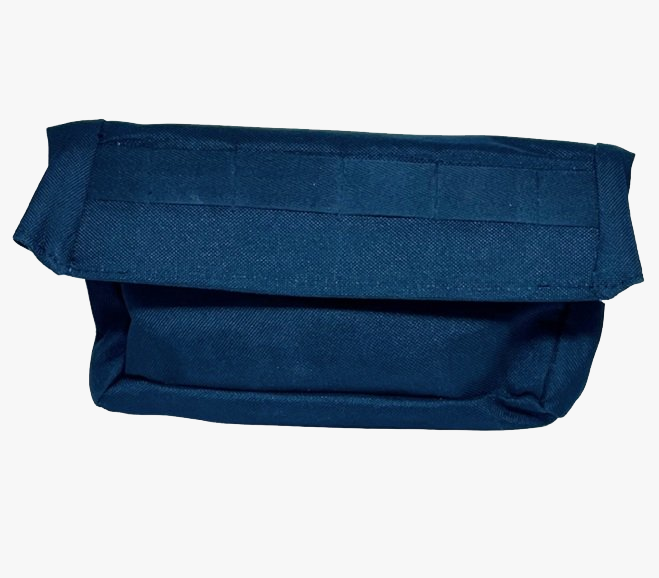
Trial Spotlight: A Closer Look at ECOG-ACRIN’s Studies for Adolescents and Young Adults with Cancer
April 24, 2025
From the Co-Chairs, April 2025
April 24, 2025Amended Trial: Gelareh Sadigh and Ilana Graetz Give an Update on the EAQ221CD/CONCURxP Trial for Patients with Breast Cancer

Improving Medication Adherence in Breast Cancer Using a CONnected CUstomized Treatment Platform (CONCURxP)
 By Gelareh Sadigh, MD
By Gelareh Sadigh, MD
 And Ilana Graetz, PhD
And Ilana Graetz, PhD
Hormone receptor-positive and human epidermal growth factor receptor 2-negative (HR+/HER2-) breast cancer is the most common subtype, comprising approximately 70% of breast cancer cases. Patients with this disease have the option to take an oral CDK4/6 inhibitor, such as palbociclib, ribociclib, or abemaciclib. These drugs were initially approved by the US Food and Drug Administration (FDA) for patients with metastatic breast cancer, as they were shown to double progression-free survival when added to hormone therapy.
Recently, these medications were also proven to benefit certain patients with early-stage disease: in 2023, the FDA approved adjuvant abemaciclib for high-risk HR+/HER2- early-stage breast cancer and in 2024, it approved adjuvant ribociclib for adults with HR+/HER2- stage II or stage III breast cancer. Because these treatments are so effective, it is critical to provide interventions that support patients in their efforts to adhere to oral CDK4/6 inhibitor therapy.
Common reasons for non-adherence include forgetfulness and treatment-related side effects. Additionally, CDK4/6 inhibitors have complex dosing schedules and can be more difficult to manage than other oral treatments, especially for patients who struggle with forgetfulness. Cost can also be an issue: CDK4/6 inhibitors are expensive, and patients may face high cost-sharing or insurance denials.
 The EAQ221CD/CONCURxP study aims to address these barriers using a mobile health intervention. The study is enrolling 390 patients with breast cancer, and all participants are asked to keep their CDK4/6 inhibitor medication in an electronically monitored pouch called a Wisebag™ (pictured). This portable device, which looks like a pouch or small bag, automatically tracks medication use when the device is opened and marks the dose as ‘taken’ in real time directly from the device to an online server.
The EAQ221CD/CONCURxP study aims to address these barriers using a mobile health intervention. The study is enrolling 390 patients with breast cancer, and all participants are asked to keep their CDK4/6 inhibitor medication in an electronically monitored pouch called a Wisebag™ (pictured). This portable device, which looks like a pouch or small bag, automatically tracks medication use when the device is opened and marks the dose as ‘taken’ in real time directly from the device to an online server.
Amendment #5 was recently activated to expand eligibility:
- The trial now includes patients with breast cancer of any stage who are taking a CDK4/6 inhibitor. Previously, only patients with metastatic disease were eligible.
- Additionally, the cancer does not necessarily need to be HR+/HER2-, as there have been instances of CDK4/6 inhibitor prescription for patients with equivocal hormonal status in the medical community.
Participants will be randomized 1:1 to receive either the control arm (usual care with use of Wisebag for adherence monitoring) or the experimental arm (use of Wisebag for adherence monitoring plus CONCURxP intervention, the connected customized treatment platform). The CONCURxP interventional features include personalized and interactive text message reminders and alerts; notifications to the provider team to call patients when adherence is inconsistent; information about financial support resources; and access to a study website where patients and providers can track adherence. The interventions for both arms will be offered in both English and Spanish.
The trial’s primary objective is to compare CDK4/6 inhibitor adherence between the two groups at 12 months after randomization. The hypothesis is that CONCURxP patients will have higher adherence.
Please note that this is not a complete account of this amendment’s updates; please review the protocol for all changes. Study resources have been revised to reflect Amendment #5, and are available for download at CTSU.org or on the EAQ221CD/CONCURxP Educational Materials page.
Learn more about the EAQ221CD/CONCURxP trial at ecog-acrin.org.
Dr. Sadigh (University of California, Irvine) is the study chair for this trial and Dr. Graetz (Emory University/Winship Cancer Institute) is the study co-chair.
![ECOG-ACRIN logo[19516]275×75](https://blog-ecog-acrin.org/wp-content/uploads/2021/03/ECOG-ACRIN-logo19516275x75.png)
